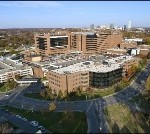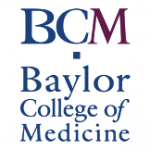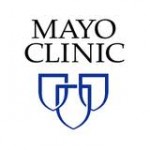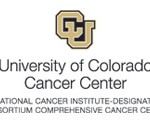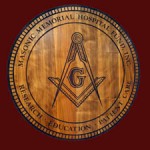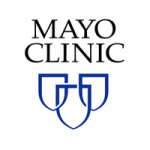 Richard J. Battafarano, M.D., Ph.D.,is the head of the Division of Thoracic Surgery at the University of Maryland Medical Center and a member of the surgical faculty at the University of Maryland School of Medicine. As a chest surgeon with particular expertise in lung and esophageal cancer, he plays a key role in caring for patients at the University of Maryland Marlene and Stewart Greenebaum Cancer Center.
Richard J. Battafarano, M.D., Ph.D.,is the head of the Division of Thoracic Surgery at the University of Maryland Medical Center and a member of the surgical faculty at the University of Maryland School of Medicine. As a chest surgeon with particular expertise in lung and esophageal cancer, he plays a key role in caring for patients at the University of Maryland Marlene and Stewart Greenebaum Cancer Center.
Dr. Battafarano came to Maryland from the Washington University School of Medicine in St. Louis, Mo., where he was an assistant professor of surgery in the Division of Cardiothoracic Surgery since 1999. He was also a thoracic surgeon at Barnes-Jewish Hospital, where he co-chaired the Siteman Cancer Center Protocol Review and Monitoring Committee and the hospital’s Cancer Committee.
“Dr. Battafarano brings high energy and a strong background in clinical care and research, including translational research in esophageal cancer,” says Stephen T. Bartlett, M.D., professor and chairman of surgery at the University of Maryland School of Medicine and chief of surgery at the University of Maryland Medical Center. “He is a great clinician as well as a respected leader and educator, and I expect him to make significant contributions as we embark on a new era in thoracic surgery.”
Prior to his work in St. Louis, Dr. Battafarano completed a residency in cardiothoracic surgery at Memorial Sloan-Kettering Cancer Center and New York Hospital from 1997 to 1999. His general surgery training consisted of a surgical internship at Abington Memorial Hospital in Abington, Pa., followed by four years of surgical residency at the University of Minnesota Health Sciences Center. During his general surgery residency, he entered the M.D. / Ph.D. program at the University of Minnesota and completed his doctorate in Biomedical Sciences.
Dr. Battafarano received his medical degree from Hahnemann University School of Medicine in Philadelphia and earned his bachelor’s degree from Pennsylvania’s Haverford College.
“My goal is to provide excellent service to our patients and referring physicians for the full range of diseases of the chest. We will make it as easy as possible for physicians throughout the region to refer their patients, including those with the most challenging problems, and we will provide appointments within 7 to 10 days,” says Dr. Battafarano.
In addition to his expertise in lung and esophageal surgery, Dr. Battafarano has experience in a full range of complicated lung procedures, including lung volume reduction surgery, as well as minimally invasive surgical techniques such as video-assisted surgical removal of lobes in the lungs. He also performs sympathectomy, a surgical treatment for excessive sweating known as hyperhidrosis.
Dr. Battafarano’s basic research interest is in certain cellular pathways that speed cell growth in esophageal cancer. “Overexpression of the signaling pathway, known by the scientific designation WNT, leads to the rapid growth of esophageal cancer cells and their ability to spread to lymph nodes and other organs in the body,” he says. “Our hope is to improve the chances for cure in patients with esophageal cancer by developing targeted therapies directed against this pathway that can be incorporated into the multidisciplinary care of these patients,” says Dr. Battafarano.
Richard J. Battafarano, MD, PhD — University of Maryland, Greenebaum Cancer Center from TEAM DRAFT on Vimeo.
